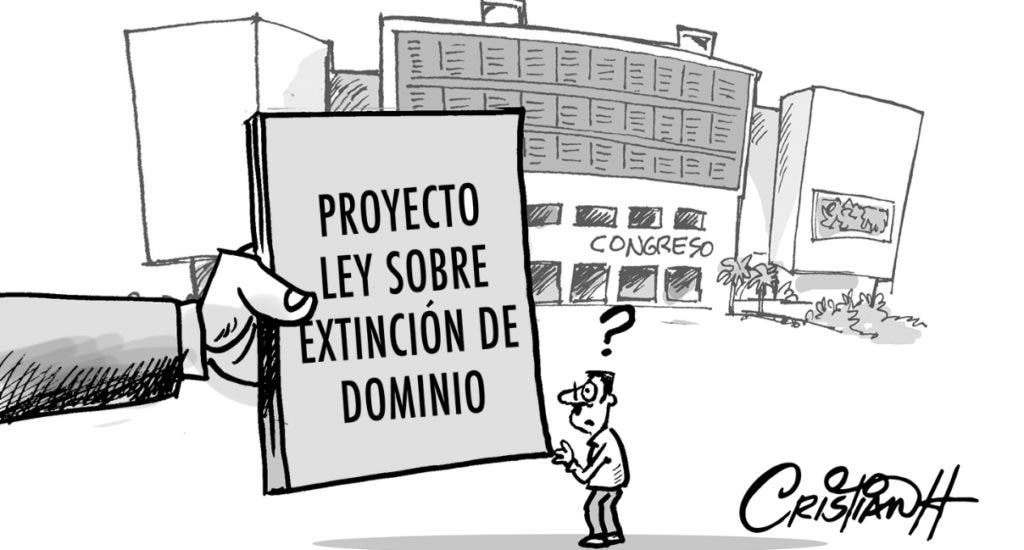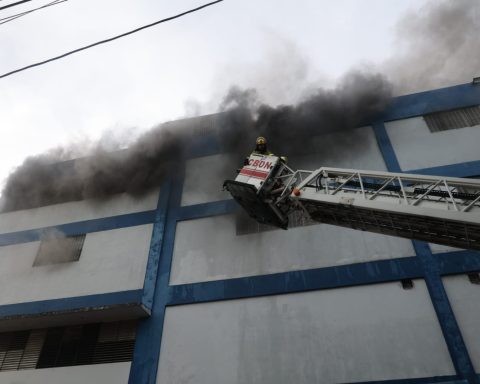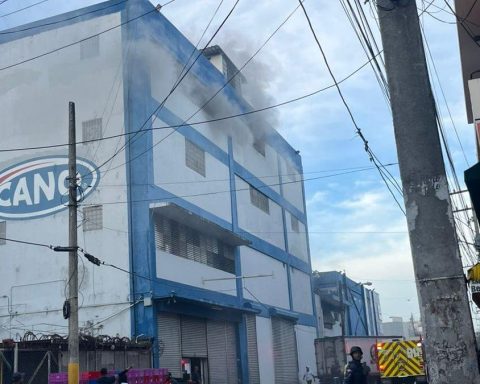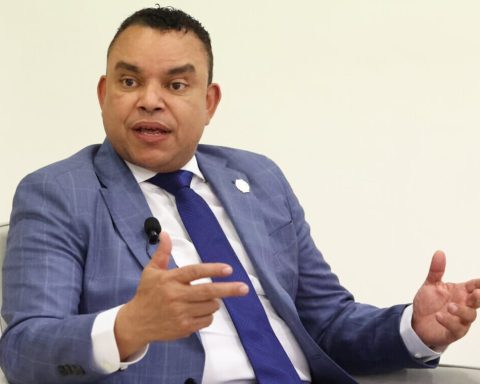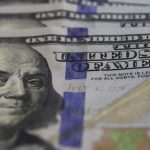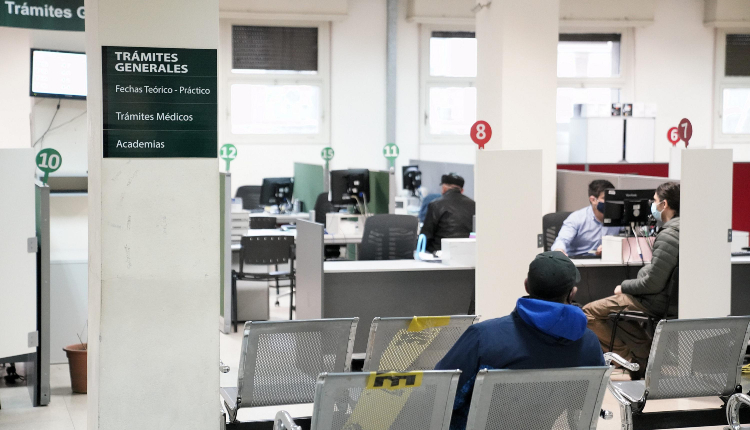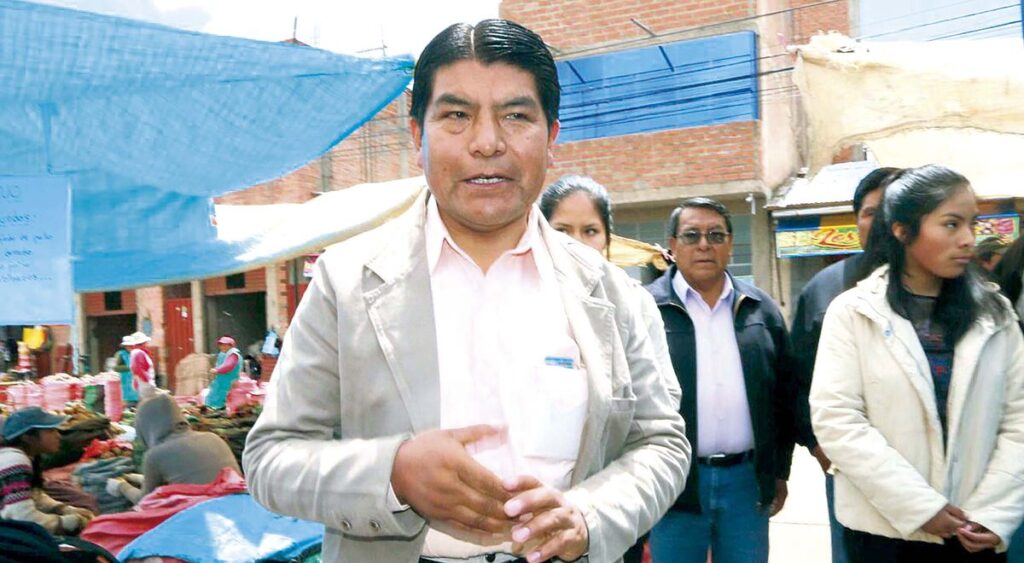The fear of Dominican politicians to be persecuted either for acquiring illicit goods or when they leave power have been the main obstacles to the approval of the Domain Extinction Law, the national coordinator of Citizen Participation (PC) affirmed this morning.
Joseph Manuel Abreu, at the same time, recalled that the piece is organic and that the fact that the ruling Modern Revolutionary Party (PRM) has a majority in both chambers does not in itself guarantee that it would be endorsed, since this requires the two-thirds parts of those present in the hemicycle.
He said that Dominican politicians in general see their interests affected by the initiative and that is why they reject it.
He added that politicians should focus the debate on establishing controls to prevent the piece from being used as an instrument of political persecution.
Abreu emphasized that “it is not a party issue, it is more a rejection of the political class, that is, there are many interests that are understood to be affected in the political class, without distinction of party and that causes some resistance in some cases, evident and in others with absence that limit this type of initiative”.
You may be interested in reading: Struggles prevent laws from being passed in Congress
He added that “it is also good to highlight that this law is organic and that it will require a qualified majority to be approved, therefore the fact that the ruling party has a majority and can perhaps prevail in the bicameral commission so that this comes out as a bill directly to the chambers, it probably does not have the majority or it will not gather a majority if it does not do so by consensus in the commission, it probably will not achieve the majority to approve it in the plenary session of the chambers”.
Abreu said that among the points that have provoked debates, the issue of retrospectiveness could have some basis, but that in the case of taxing tax avoidance as proposed by the Dominican Liberation Parties (PLD) and the People’s Force, it does not have no kind of handle.
He described the attempts to tax tax evasion as blackmail and said that this has no legal basis or of any kind.
“Introducing the issue of tax avoidance is more to boycott because that has no legal or legal basis,” said the national coordinator of Citizen participation.
He added that “the political class in general is afraid because today there is the PRM, but tomorrow there may be another and this is a tool that will remain there and they are afraid that it may be used as a weapon of political persecution, So I think that the debate, more than what they propose, should focus on including controls in the project to prevent it from being used either for political purposes or for abusive purposes, perhaps by the Public Ministry against any official, so they should focus the debate on that point and should not contaminate it with topics that are irrelevant and have no basis”.
He explained that in the Domain Forfeiture Law there will be no retroactivity, but rather retrospectivity because it is a civil law that will seek to recover assets obtained illegally, and will not persecute people.
“The law does not affect the person, it affects the property and law does not arise from illegality, in that sense if you acquired a property illegally ten years ago, twenty years ago, the illegality continues because the property is contaminated. The good was already contaminated for some time, “he said.
On his side, the president of the Senate, Eduardo Estrella, affirmed that the Domain Forfeiture Law will be discussed and approved soon.
“The only thing I ask of you is that you wait in the next few days that everything, as it should be in Congress, will be resolved and it will be known in the commissions and in the Chamber who has the last word”, assured.
He stressed that Dominican society demands transparency; fight corruption, drug trafficking and money laundering.
Yesterday, President Luís Abinader assured that in the coming weeks the piece would be approved by the legislators, a position that was shared by the president of the Senate.
